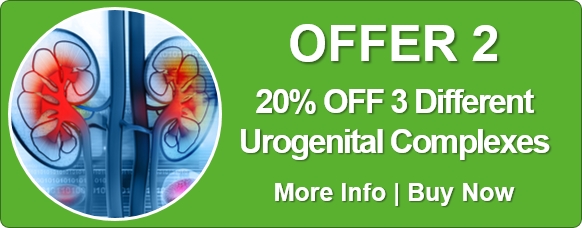Research and Paywalls: Homeopathy Plus regularly reports on homeopathic research, past and present, but we can’t link to complete research papers if they are behind a journal paywall - we can only provide a summary and abstract. If you wish to access a full paper from behind a paywall, please click on the link provided for the publisher’s purchase options.
Studies: Homeopathy Effective in Attention Deficit Hyperactivity Disorder (ADHD)
Highlights
- Two studies – one a randomised, partially blinded trial and the other a clinical observation study – concluded that homeopathy benefited ADHD participants.
- A total of 83 children between the ages of 6-16 years were involved.
- Individualised remedies were prescribed.
- Cognitive performance such as visual global perception, impulsivity and divided attention, improved significantly.
- This combined study examined the changes that occurred during both studies and long-term results following their conlusion…

Abstract
An increasing number of parents turn to homeopathy for treatment of their hyperactive child.
Two publications, a randomised, partially blinded trial and a clinical observation study, conclude that homeopathy has positive effects in patients with attention deficit hyperactivity disorder (ADHD).
The aim of this study was to obtain scientific evidence of the effectiveness of homeopathy in ADHD. A total of 83 children aged 6–16 years, with ADHD diagnosed using the Diagnostic and Statistical Manual of Mental Disorders-IV criteria, were recruited.
Prior to the randomised, double blind, placebo controlled crossover study, they were treated with individually prescribed homeopathic medications. 62 patients, who achieved an improvement of 50% in the Conners’ Global Index (CGI), participated in the trial.
Thirteen patients did not fulfill this eligibility criterion (CGI). The responders were split into two groups and received either verum for 6 weeks followed by placebo for 6 weeks (arm A), or vice-versa (arm B).
At the beginning of the trial and after each crossover period, parents reported the CGI and patients underwent neuropsychological testing.
The CGI rating was evaluated again at the end of each crossover period and twice in long-term follow-up.
At entry to the crossover trial, cognitive performance such as visual global perception , impulsivity and divided attention, had improved significantly under open label treatment ( P<0.0001).
During the crossover trial, CGI parent–ratings were significantly lower under verum (average 1.67 points) than under placebo ( P =0.0479). Long-term CGI improvement reached 12 points (63%, P <0.0001).
Conclusion
The trial suggests scientific evidence of the effectiveness of homeopathy in the treatment of attention deficit hyperactivity disorder, particularly in the areas of behavioural and cognitive functions.
Journal Purchase Point for Full Report: Homeopathic treatment of children with attention deficit hyperactivity disorder: a randomised, double blind, placebo controlled crossover trial







